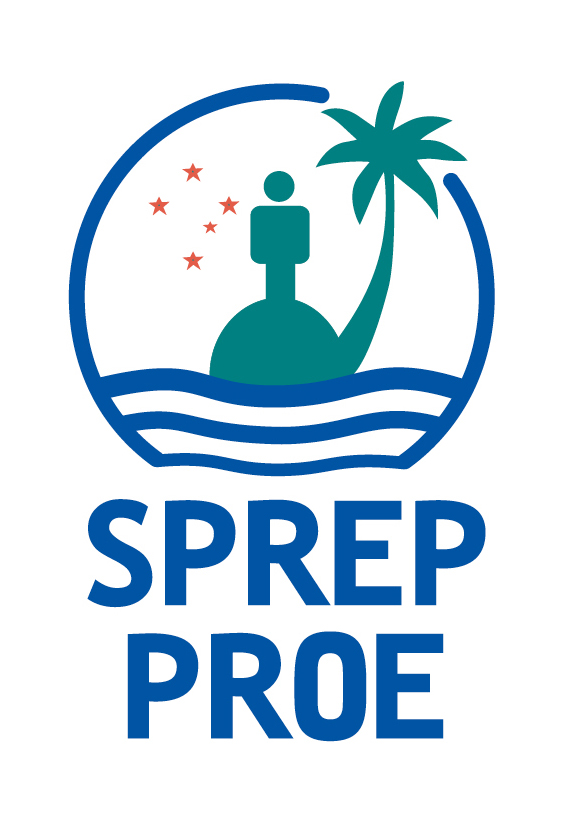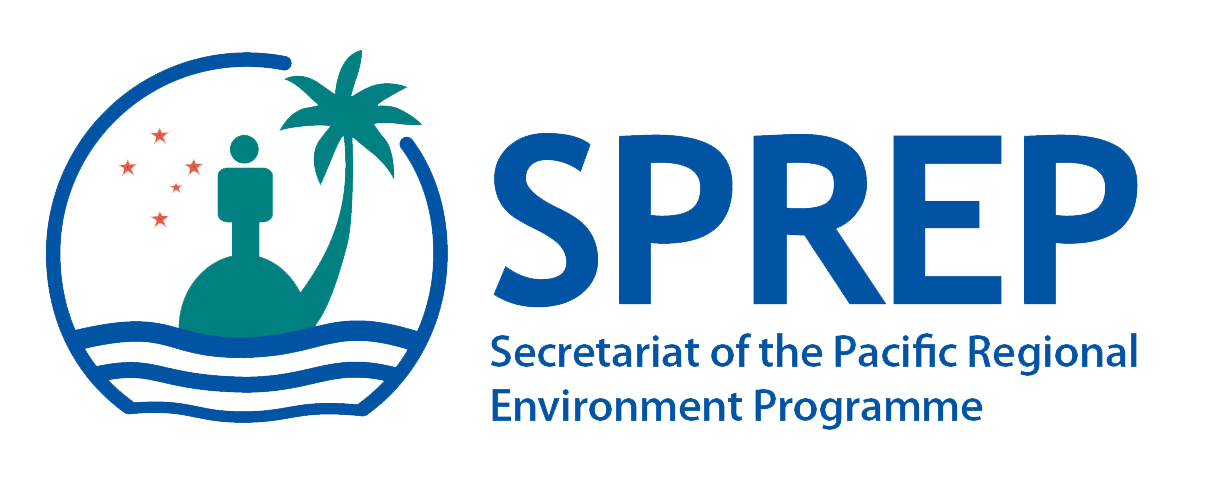Online learning trends were rapidly evolving due to technological advancements, changing educational needs, and the global impact of the COVID-19 pandemic. Here are some key online learning trends that were prevalent from 2022:
Hybrid and Blended Learning: The pandemic accelerated the adoption of hybrid and blended learning models, which combine traditional in-person instruction with online components. This approach offers flexibility and a mix of learning experiences.
Microlearning: Microlearning involves delivering content in small, focused chunks, making it easier for learners to consume information quickly and effectively. It is particularly suitable for on-the-go or time-constrained learners.
Personalization and Adaptive Learning: Online platforms are increasingly using data analytics and AI to personalize learning experiences based on individual student progress and preferences. Adaptive learning adjusts the pace and content to match a student's level and learning style.
Gamification and Interactive Content: Gamified elements, such as quizzes, badges, and leaderboards, are being integrated into online courses to engage learners and make the learning experience more enjoyable. Interactive content, such as videos, simulations, and virtual labs, enhance engagement and comprehension.
Skill-focused and Practical Courses: Online learners are often seeking courses that provide practical, job-relevant skills. Platforms are offering more vocational and skill-specific courses to cater to this demand.
Collaborative Learning: Online platforms are incorporating tools for collaboration, such as discussion forums, virtual group projects, and real-time communication tools. This helps simulate the social aspects of traditional classrooms in an online setting.
Online Professional Development: Professionals are turning to online platforms for continuous learning and professional development. Online courses and certifications provide a convenient way to upskill or pivot careers.
Mobile Learning: Mobile devices are becoming increasingly popular for accessing online learning content. Educational platforms are optimizing their content for mobile devices to cater to learners who prefer learning on the go.
Video-based Learning: Video content remains a dominant format for online learning due to its engaging nature. Both pre-recorded video lectures and live streaming sessions are commonly used.
Blockchain Credentials: Some online learning platforms are experimenting with using blockchain technology to provide secure and verifiable digital credentials, like certificates and diplomas, to learners.
Data Privacy and Security: As online learning involves the collection of personal and sensitive data, ensuring data privacy and security has become a significant concern. Platforms are implementing robust security measures to protect learner information.
Lifelong Learning and Upskilling: With the rapid pace of technological change, the concept of lifelong learning has gained prominence. Many individuals are embracing online learning to continually update their skills and stay relevant in their careers.



